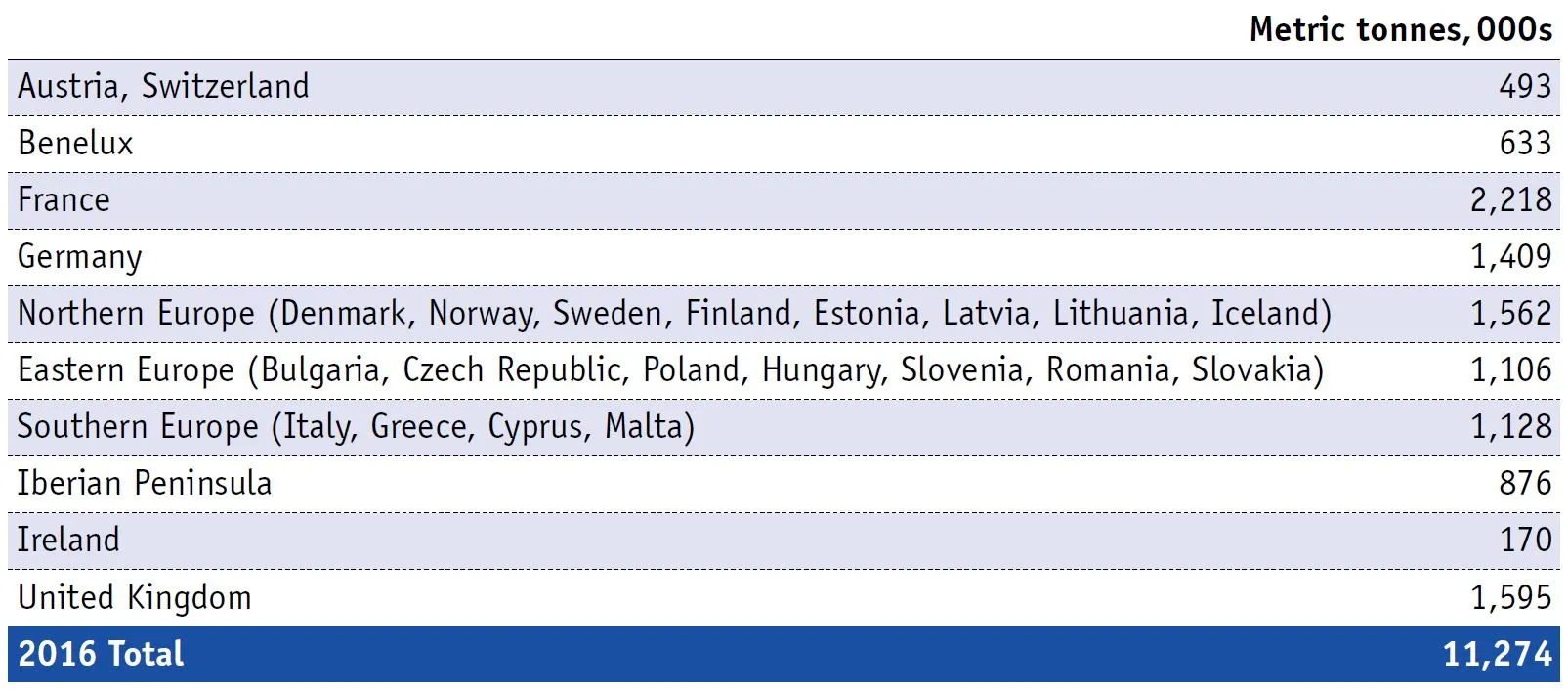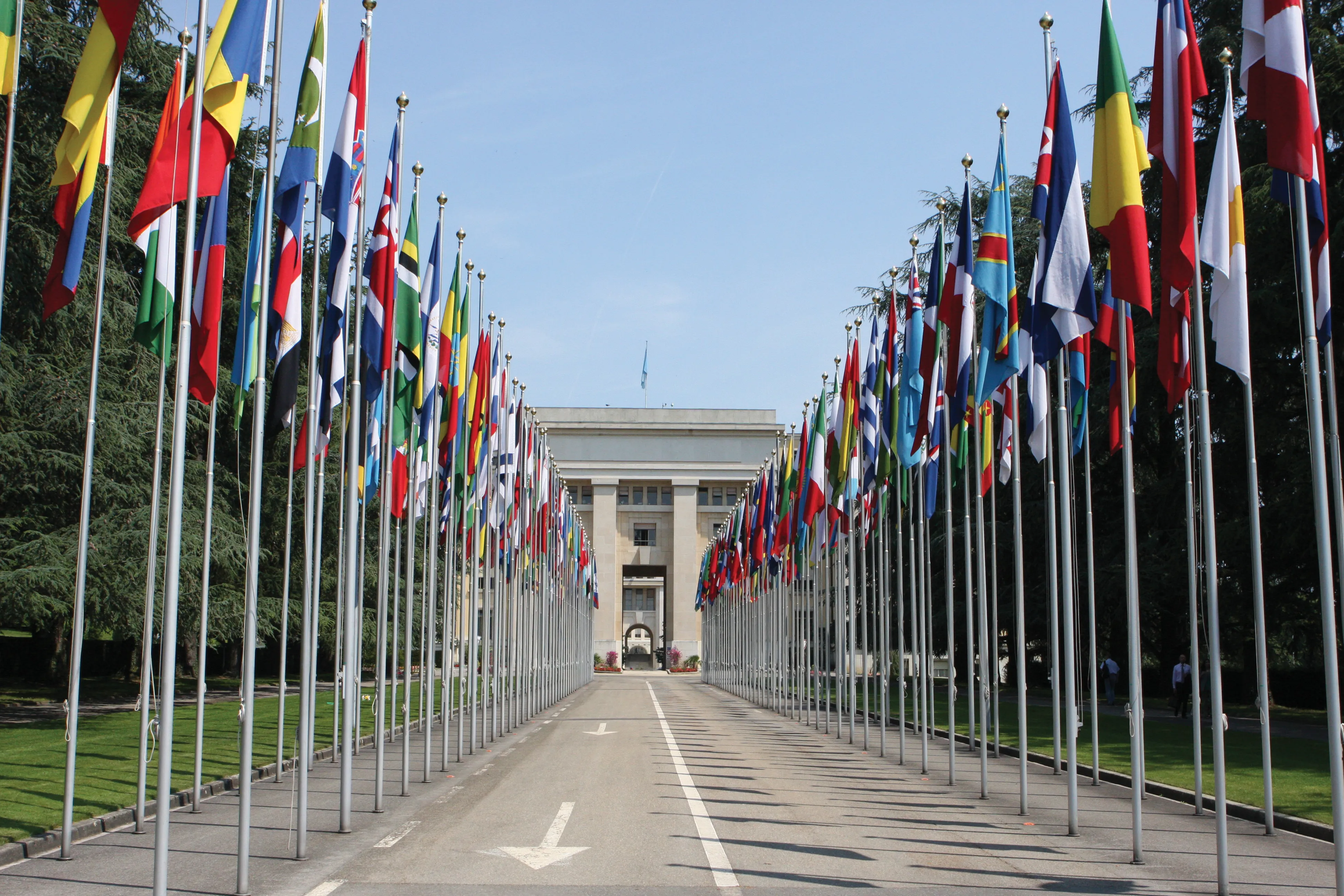Plans are now being worked on for a new highway that will connect Serbia with Albania, running through Kosovo. The project is momentous and marks a considerable diplomatic advance, given that Serbia’s past relations with its neighbour Kosovo and Albania have been less than harmonious in the recent past. This new move is seeing a Technical Working Group comprised of experts from Albania and Serbia looking into the construction of a new highway link between the two countries, as well as new railway connection
February 25, 2015
Read time: 1 min
Plans are now being worked on for a new highway that will connect Serbia with Albania, running through Kosovo. The project is momentous and marks a considerable diplomatic advance, given that Serbia’s past relations with its neighbour Kosovo and Albania have been less than harmonious in the recent past. This new move is seeing a Technical Working Group comprised of experts from Albania and Serbia looking into the construction of a new highway link between the two countries, as well as new railway connections. This group will present two projects to the 2465 European Commission in May 2015. The talks between the two countries will focus on construction of the Nis-Pristina-Tirana highway, and reconstruction and an upgrade of the Belgrade-Bar railway line. The total cost of the two projects is estimated at around €2 billion.
The highway connection between Kosovan capital Pristina and the Albanian border was constructed by joint venture partners4138 Bechtel 5252 Enka. This new highway connection will run from Pristina to the Kosovo/Serbian border, completing the link from Serbia to Albania’s capital Tirana.
For more information, %$Linker:2 Internal <?xml version="1.0" encoding="utf-16"?><dictionary /> 2 2425 0 oLinkInternal visit this page Kosovo's award-winning green highway construction false /sections/key-projects/features/kosovos-award-winning-green-highway-construction/ false false %>.
The highway connection between Kosovan capital Pristina and the Albanian border was constructed by joint venture partners
For more information, %$Linker:








